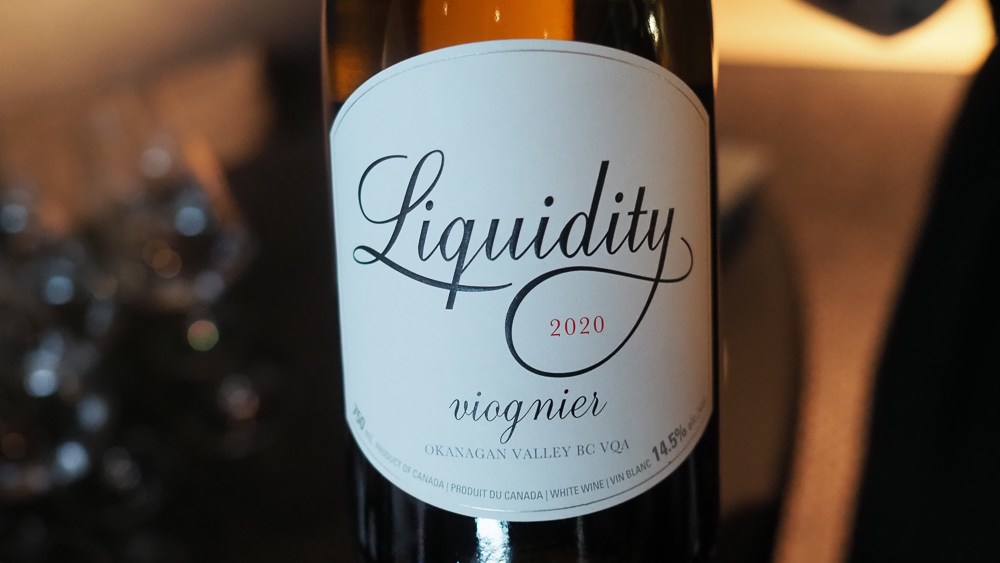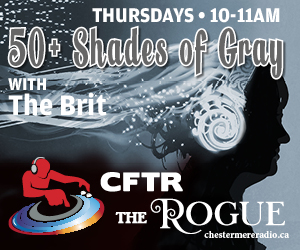New Jersey has given the world many things. Bruce Springsteen. Frank Sinatra. Abbott & Costello. John Travolta. Martha Stewart. Light bulbs. The Statue of Liberty. Mr. Magoo. Today, we add another item to this rich tapestry of the Garden State, that of up-and-coming wine producing region.
Yes, gentle reader, the same state that housed America’s first brewery way back in 1643 is now growing wine grapes and producing wine.
The southern half of New Jersey is at the same latitude as the Bordeaux region of France, and has similar sandy soil properties that help produce lush wines. The moderating effect of the Atlantic Ocean helps avoid spring frosts, so Tony Soprano’s next gig might be muscling in on a small vineyard.
The parts of North America that we now call New York and New Jersey were settled by the Dutch in 1626, but had been traded to the British by 1664, in exchange for the Spice Islands near New Guinea.
Waves of immigration from Europe over the next century found large numbers of German immigrants in New Jersey, who quickly started making wine from the locally grown North American grapes. This continued from around 1860 to 1920, when the dark days of Prohibition snuffed out all the fledgling wineries.
Even when Prohibition ended in 1933, there were still regressive laws on the books that restricted winery business licenses to one winery for every million residents. With around 7 million people in New Jersey, this artificially restricted the number of wineries to 7 in the entire state.
This kept the wine industry down in New Jersey for decades, until the last days of the disco era trumpeted the rebirth of wine in New Jersey.
The New Jersey wine industry entered its renaissance in 1982, with newly passed state legislation that made it easier for small farm-based wineries to operate without reams of bureaucratic red tape.
Wineries started slowly coming online in the years after 1982, but it was the so-called Judgment of Princeton in 2012 that really saw the New Jersey wine industry take off. Similar to the 1976 Judgement of Paris that saw Californian wines beat world-class French wines for the first time, the 2012 Judgement of Princeton was the same milestone for the New Jersey wine industry.
It was especially gratifying for the New Jersey winemakers to see blind-tasting French wine critics score their wares equivalent to a famed Château Mouton-Rothschild, which sold for hundreds of dollars more.
While many growers in New Jersey are producing cheap blueberry and raspberry wines, a small but growing group of vintners has formed a quality alliance called the Outer Coastal Plain Vineyard Association, which enforces quality controls for all wines in their association, and if a wine doesn’t measure up, Tony Soprano comes to make you sleep with the fishes.
Most wine producing regions have have similar self-governing bodies. Here at home, Canada has a similar governing body called the Vintners Quality Alliance, and you will see the VQA label on nearly all Canadian wines.
There are now over 50 wineries operating in New Jersey, mostly located in the southern part of the state. With only around 1000 acres under vine, the locals recognize that they are a small player in the wine industry. For this reason, most New Jersey winemakers focus on higher-end wines that command prices in the $25-$50 range.
With a wine industry worth a mere $35 million annually, New Jersey is dwarfed by California’s $50 billion wine industry, so the local vintners have chosen to concentrate on the upper tiers of the market, avoiding competition with the bottomless well of cheap Californian plonk.
While native American grape varietals were grown by Dutch settlers in the 1700’s, most of the acres under vine have since been replaced with European varietals, particularly Chardonnay and Bordeaux-style red blends like Cab Sauv, Merlot, and Cab Franc.
New Jersey currently ranks 7th in wine producing states in the USA, but when you consider that California controls 90% of national production, it’s pretty much California then all the other small players.
Luckily, with the most densely populated state in the union, New Jersey has no problem selling all their wines locally, which makes it hard to find at your local booze merchant. In fact, there is no New Jersey wine sold anywhere in Alberta, so you will have to make a trip to the Statue of Liberty if you want to sample a glass.








